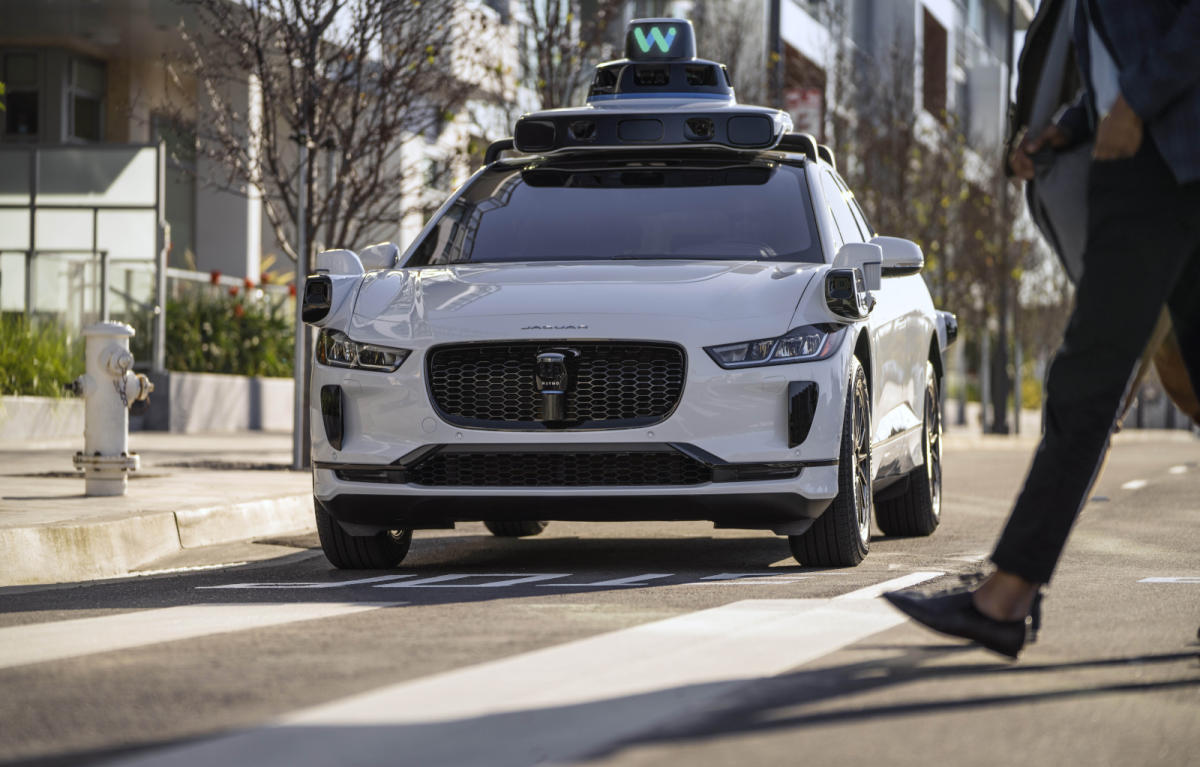Last year, two Waymo robotaxis in Phoenix “made contact” with the same pickup truck that was in the midst of being towed, which prompted the Alphabet subsidiary to issue a recall on its vehicles’ software. A “recall” in this case meant rolling out a software update after investigating the issue and determining its root cause.
In a blog post, Waymo has revealed that on December 11, 2023, one of its robotaxis collided with a backwards-facing pickup truck being towed ahead of it. The company says the truck was being towed improperly and was angled across a center turn lane and a traffic lane. Apparently, the tow truck didn’t pull over after the incident, and another Waymo vehicle came into contact with the pickup truck a few minutes later. Waymo didn’t elaborate on what it meant by saying that its robotaxis “made contact” with the pickup truck, but it did say that the incidents resulted in no injuries and only minor vehicle damage. The self-driving vehicles involved in the collisions weren’t carrying any passenger.
After an investigation, Waymo found that its software had incorrectly predicted the future movements of the pickup truck due to “persistent orientation mismatch” between the towed vehicle and the one towing it. The company developed and validated a fix for its software to prevent similar incidents in the future and started deploying the update to its fleet on December 20.



No software is perfect, but anybody who uses a computer knows that some software is much less complete. This currently seems to be the case when it comes autonomous driving tech.
First, there are many companies developing autonomous driving tech, and if there’s one thing tech companies like to do is re-invent the wheel (ffs Tesla did this literally). Second, have you ever used modern software? A bug fix guarantees nothing. Third, you completely ignore the opposite possibility - what if they push a serious bug in an update, which drives you off a cliff and kills you? It doesn’t matter if they push a fix 2 hours later (and let’s be honest, many of these cars will likely stop getting updates pretty fast anyway once this tech gets really popular, just look at the state of software updates in other industries).
I understand your issue with these cars - they’re dangerous, and could kill people with incomplete or buggy software. I believe the gentleman you are responding to was pointing out that even with the bugs, these are already safer than human drivers. This is already better when looking at data rather than headlines and going off of how things seem.
Personally, I would prefer to be in control of the vehicle at all times. I don’t like the idea of driverless tech either.
Well, has anyone done good statistics to show all the self driving cars are more dangerous than regular distracted humans as a whole?
We can always point to numerous self driving car errors and accidents, but I am under the impression that compared to the number of accidents involving people on a daily basis, self driving cars might be safer even now?
I’m thinking of how many crashes took place in the time it took me to type this out. I’m also curious about the fatality rate between self or assisted driving vs not.
I think we tend to be super critical of new things, especially tech things, which is understandable and appropriate, but it would be nice to see some holistic context. I wish government regulators would publish that data for us, to help us form informed opinions instead of having to rely on manufacturers (conflict of interest) or journalists who need a good story to tell, and some clicks.
Currently there are many edge cases which haven’t even been considered yet, so maybe statistically it is safer, but it doesn’t change anything if your car makes a dumb mistake you wouldn’t have and gets you into an accident (or someone else’s car does and they don’t stop it cause they weren’t watching the road).